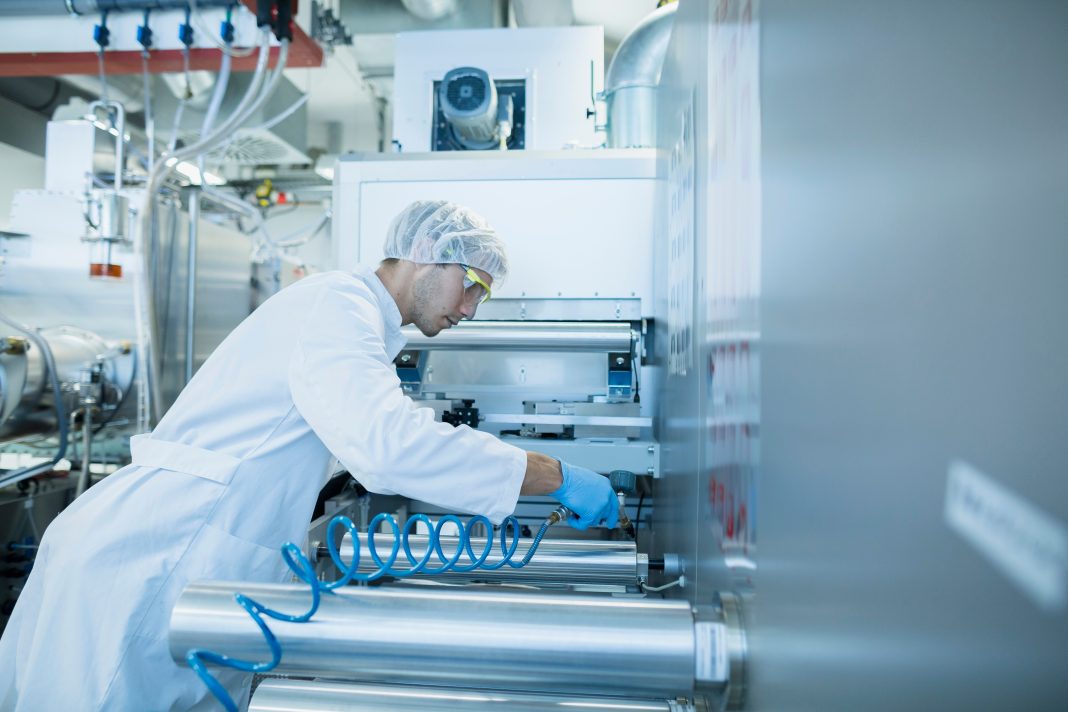Electricity use has a much bigger environmental impact than waste when it comes to single-use technologies (SUT), and drug makers trying to make medicine production eco-friendly should keep this in mind.
That is the finding of a new study by members of the American Chemical Society Green Chemistry Institute Pharmaceutical Roundtable that examined sustainability practices in drug production.
“The major source of environmental impact arising from biopharmaceutical production using single-use technologies is the electricity required to run heating, ventilation, and air conditioning to create the clean room environment,” says study author Kristi Budzinski, PhD.
“Electricity consumption for the clean room environment accounts for 89% of the climate change impact. The next highest contributor, at 8%, is single-use equipment, sourcing raw materials, and manufacturing the single-use technology.”
Single-use, multiple impact
With this in mind, the biopharmaceutical industry’s environmental efforts should focus on how single-use technologies are used according to Budzinski, who cites manufacturing line set up as an example.
“The implementation of SUT can reduce the impact of biopharmaceutical manufacturing by allowing for a fully closed process that can be completed in a less stringent cleanroom environment,” she tells GEN.
Rethinking energy use throughout single-use technology supply chains would also have a significant impact.
“Companies across the supply chain, both SUT manufacturers and biopharma manufacturers, should utilize renewable energy to operate their plants which would significantly reduce the climate change impact,” continues Budzinski. “Additionally, sourcing recycled raw material for production of SUT would decrease the environmental impact of this technology.”
Recycling infrastructure
Also, disposable technologies should be made easier to dispose of says Budzinski, who points out that “SUTs are usually composed of multiple polymer types making true recycling technically difficult. SUTs are a complex plastic mixture that has a relatively small waste volume compared to other plastics in the waste stream which are already a challenge to recycle. Depending on how the waste is classified also impacts available opportunities to recycle.”
There is also a lack of infrastructure for working with this type of material, she adds. “There are not many companies accepting flexible plastics for any form of recycling” says Budzinski, who adds that as a result, many biopharma companies dispose of their own SUTs.
“Depending on how the waste is classified by the facility, the material may be handled by a regulated waste hauler or a municipal waste hauler,” she explains. “The waste is generally incinerated or landfilled, again depending on its classification.”


